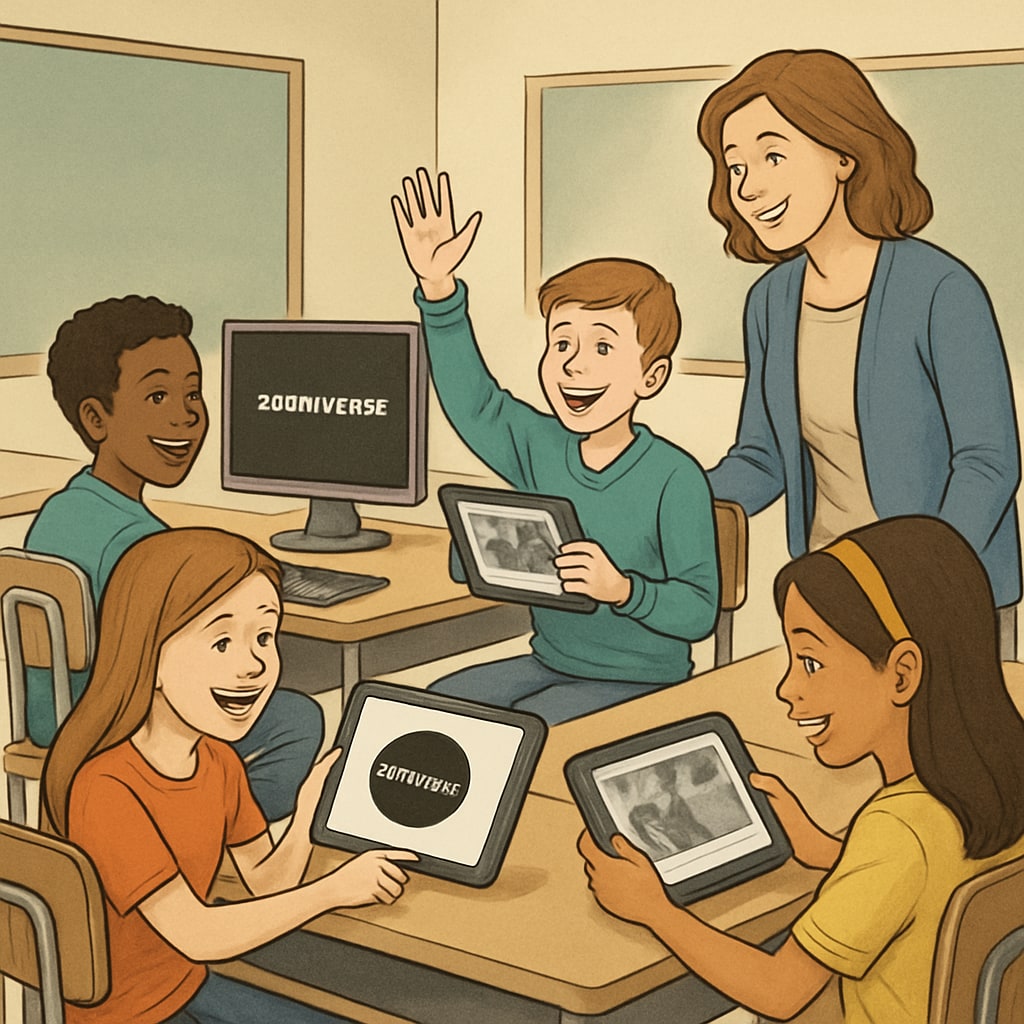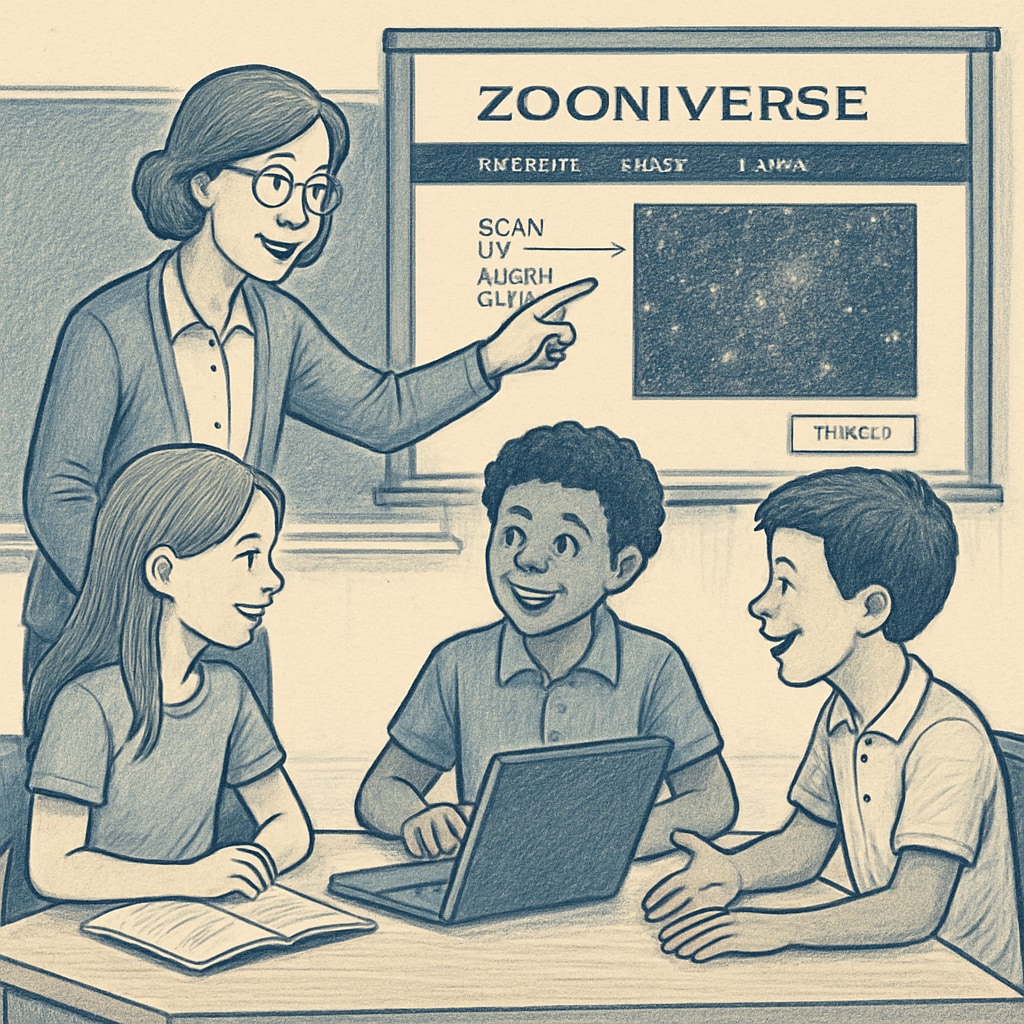Imagine a classroom where students are not just passive recipients of knowledge but active contributors to scientific research. Through citizen science platforms like Zooniverse, this vision becomes reality. Zooniverse, one of the largest and most popular citizen science platforms, offers educators and students the opportunity to participate in real-world science projects, fostering curiosity, critical thinking, and scientific literacy. By integrating Zooniverse into K12 education, schools can revolutionize how science is taught, making learning engaging, impactful, and globally connected.
Empowering Students Through Citizen Science
Citizen science (collaborative scientific research conducted by non-professionals) has gained significant traction over the past decade. Platforms like Zooniverse bridge the gap between professional scientists and the general public, enabling individuals—including K12 students—to contribute to projects ranging from identifying galaxies to monitoring wildlife populations. For students, this hands-on involvement cultivates critical thinking and problem-solving skills while providing an authentic connection to the scientific process.
- Encourages active participation and ownership of learning.
- Exposes students to interdisciplinary STEM (Science, Technology, Engineering, Mathematics) fields.
- Builds scientific literacy and understanding through real-world applications.

Transforming Traditional Classrooms
Integrating Zooniverse projects into K12 classrooms transforms the traditional model of passive learning into one of active discovery. Teachers can align these projects with existing curricula, allowing students to apply theoretical concepts to practical challenges. For example, biology students could contribute to ecological surveys, while astronomy students could classify distant stars. The collaborative nature of Zooniverse also fosters teamwork and communication, essential skills for both academic and professional success.
Moreover, Zooniverse provides accessibility to cutting-edge scientific research without requiring specialized equipment. All that’s needed is an internet connection, making it ideal for schools with limited resources. As a result, classrooms worldwide can become hubs of innovation and exploration.

Getting Started with Zooniverse
Teachers and students can easily begin their journey into citizen science by signing up on the Zooniverse platform. The website offers a wide variety of projects, each with detailed instructions and tutorials tailored to different age groups and skill levels. Educators can select projects that align with their curriculum or allow students to choose topics they find personally engaging. Either way, the experience empowers learners to become active contributors to global scientific efforts.
Some popular projects include:
- Galaxy Zoo: Help classify galaxies based on their shapes.
- Snapshot Serengeti: Identify animals captured in camera trap images.
- Scribe: Transcribe historical documents for researchers.
By engaging in these projects, students not only build valuable skills but also gain a sense of accomplishment, knowing their work contributes to meaningful scientific discoveries.
The Future of Education with Citizen Science
As we look to the future, citizen science platforms like Zooniverse present a transformative opportunity for education. They bridge the divide between academic learning and practical application, making science accessible, engaging, and impactful. For K12 students, these experiences are more than just educational—they are empowering. They teach students that their contributions, no matter how small, can make a difference in the world.
In conclusion, Zooniverse provides a window into the future of education, where learning transcends the classroom walls and connects students to real-world challenges. By embracing citizen science, educators can cultivate a generation of curious, informed, and proactive global citizens.
Are you ready to inspire your students and transform your classroom? Visit Zooniverse today to explore its projects and start your journey into citizen science.


